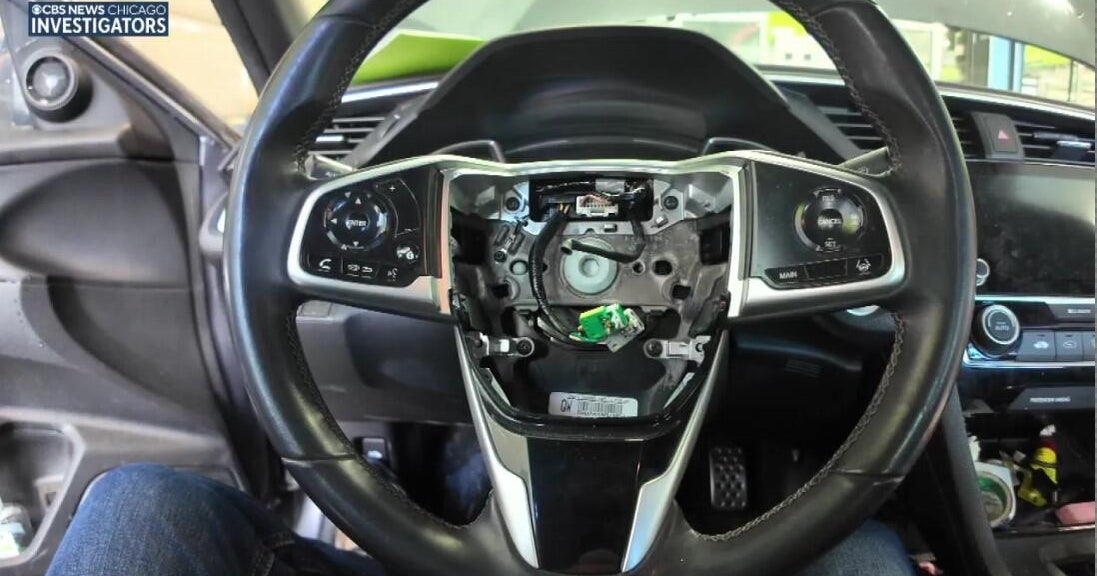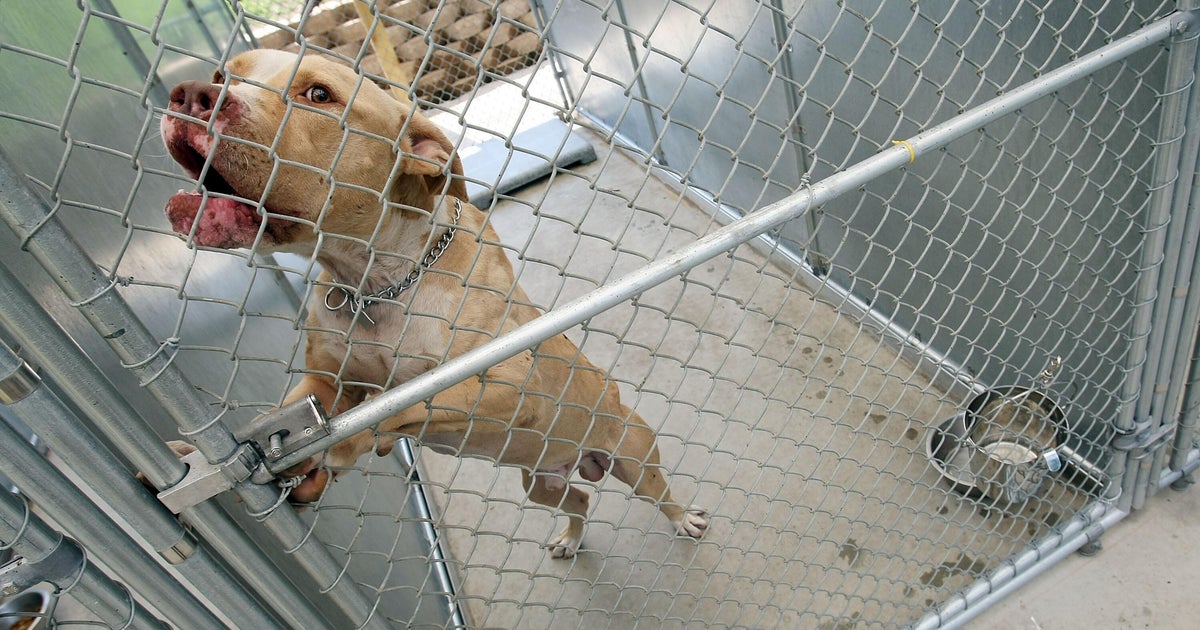'Despicable' Epidemic: People Using Fake Service Dogs
CHICAGO (CBS) – Despicable. That's the word used by advocates for the disabled to describe the newest trend – people disguising their dogs as service dogs to travel, shop, and even go to night clubs.
"People think what they're doing is harmless but it's not. It's very harmful," said Marcie Davis, founder of International Assistance Dog Awareness Week.
As a paraplegic, Davis uses a real service dog, one that's been trained and certified over hundreds of hours.
"This is jeopardizing people like me who really need a service dog. It's jeopardizing our ability to be a working team out in public," Davis said. She called the fake service dog problem an epidemic that's happening all across the country.
People Using Fake Service Dogs
The evidence appears blatantly on YouTube.
"I took Bubs out for a walk and it started raining and I don't feel like walking him home so we're going to get on the bus and I'm going to make him a disabled dog," said an unidentified man in a video in which he brags about putting a muzzle and fake vest on his dog to ride public transit and later get special treatment at a restaurant. "This service dog scam works pretty good. Take a bow Bubs. Good service dog!"
In recent New York Post story, several candid dog owners bragged of their own fakery. After purchasing vests, patches and certificates online, they talked about taking their dogs grocery shopping, nightclubbing and to the theater.
"He's been to most movie theaters in the city and more nightclubs than most of my friends," a 33-year old New Yorker told the newspaper about his Yorkie.
"If you provide a photo, then you can get an ID," said Davis, describing how easy it is purchase the equipment and documentation needed to make a dog look legitimate.
A search of eBay for "service dog patches" and "service dog vests" produced more than 22,000 results. Several websites sell similar items for as much as $150 after requiring answers to just a few easy questions.
"There needs to be some accountability," Davis said.
She said the fakers are also taking advantage of laws that limit the interaction a business owner can have with a disabled person. The Americans with Disabilities Act prohibits requiring identification documents for a service animal and does not allow any questioning about specifics of a person's disability.
"This is safety issue for people with disabilities and the general public," Davis said.
She knows firsthand what it's like to be in a situation involving a fake service dog that threatens the safety of those around it.
"My second assistance dog was actually attacked by a dog at a professional conference by someone who was trying to pass off their pet as an assistance dog who had no business being in public," she said.
Davis said spotting the fakers is pretty easy. Her dog is highly trained and almost invisible in public. That's not the case with the frauds.
"They're disruptive, they're eating food in restaurants and they're acting very inappropriately," Davis said, but trained service dogs act much differently. "They are supposed to be very quiet and go under a table or chair and really be unseen when they are out in public."
The ADA does not require service animals to be officially certified, which may be part of the problem. The law does require an owner to have a documented disability and requires the animal to be trained to help its handler. Service animals cannot disrupt their environments.
Some states are moving to make service dog fraud a crime. Davis says, in her home state of New Mexico, lawmakers have passed a law that includes penalties for trying to pass a dog off as a fake assistance dog.
The problem is so widespread that the nation's largest breeding and training program for service dogs, Canine Companions for Independence, launched an online petition asking the U.S. Department of Justice to crack down on service dog fraud and end the online sale of fake service dog certification products.







